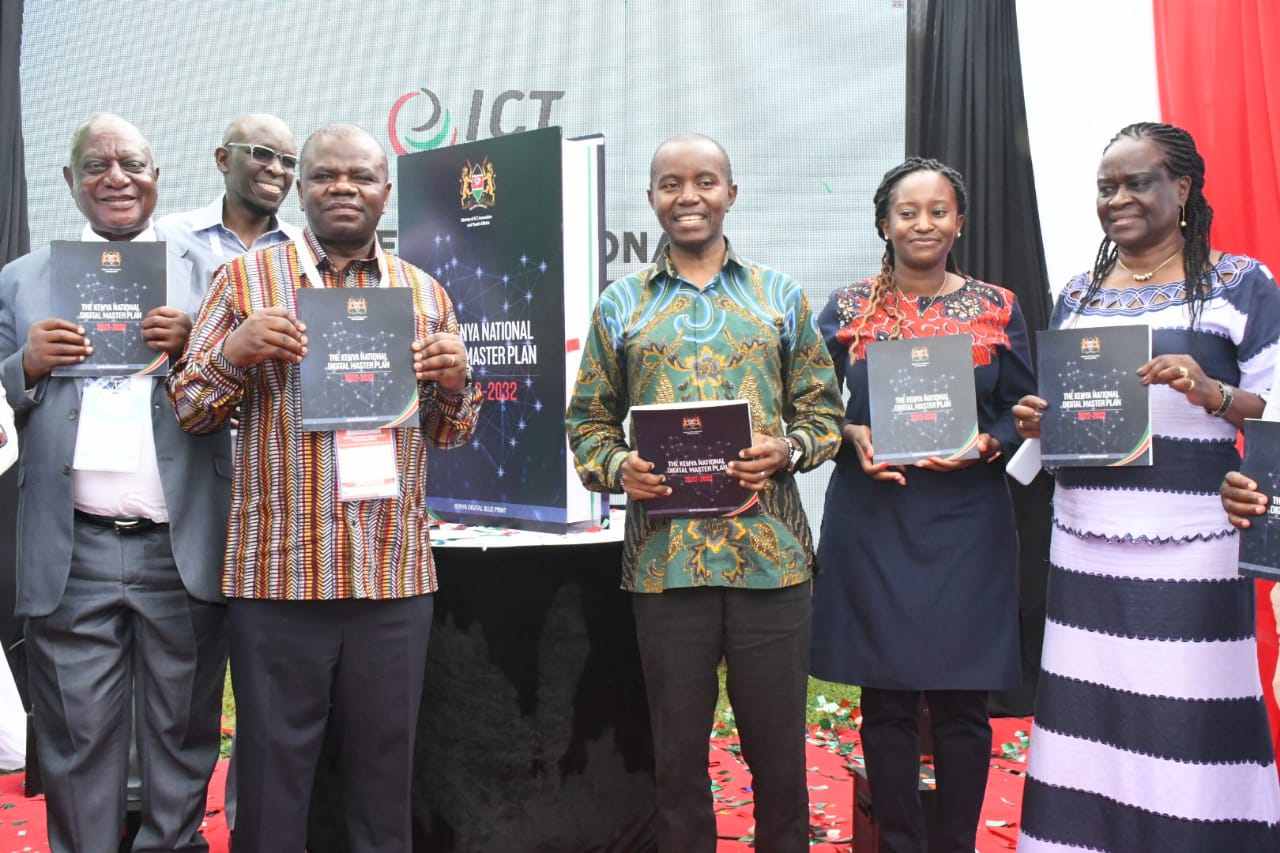 As President William Ruto announced his cabinet line-up last week, it was noted that the former Ministry of ICT, Innovation & Youth Affairs had a new name – Ministry of ICT & Digital Economy. The previous words, ‘Innovation and Youth,’ have given way and replaced by the words ‘Digital Economy’.
As President William Ruto announced his cabinet line-up last week, it was noted that the former Ministry of ICT, Innovation & Youth Affairs had a new name – Ministry of ICT & Digital Economy. The previous words, ‘Innovation and Youth,’ have given way and replaced by the words ‘Digital Economy’.
This then begs the question – what exactly is the ‘digital economy? Is it just a fancy tagline thrown in as an appendix, the way the term ‘Youth’ was introduced into the ICT ministry during the last few years of President Uhuru Kenyatta’s administration?
The top twenty economic group, (the G20) defined the Digital Economy as being:
“…a broad range of economic activities that include using digitized information and knowledge as the key factor of production, modern information networks as an important activity space, and the effective use of information and communication technology (ICT) as an important driver of productivity growth and economic structural optimization”.
Which is quite a mouthful and means nothing to ‘Wanjiku’. Luckily, some researchers have broken down this digital economy definition into the following simpler three components: the ‘Core’ digital economy, the ‘Narrow’ digital economy and the ‘Broader’ Digital Economy.
The Core Digital Economy
The ‘Core’ digital economy relates to the traditional ICT economy that includes Hard-
ware manufacturing, Software development, IT consulting, and the Telecommunication & Broadcasting sectors.
It also includes the core or foundational aspects of the overall digital economy, such as researching and manufacturing semiconductors and processors, computers, mobile phones, and telecommunication hardware, and deployment of enabling infrastructures such as the Internet & Cloud services.
The Narrow Digital Economy
The ‘Narrow’ digital economy has digital platforms as its dominant feature. A digital platform creates value by aggregating and connecting two or more different sets of users or markets through electronic or digital means – and charges a commission for the effort.
The most common example is the digital taxi hailing platforms such as Uber, LittleCab and others that aggregate the demand (list of passengers looking for a ride) and connect them to aggregated supply (list of drivers looking to drop off passengers). Digital platforms rely heavily on core digital technologies such as the internet, web or mobile applications, and digital payment services (FinTech).
The label ‘narrow’ digital economy is a bit misleading since the global big tech companies, sometimes known as the MAMAA companies – Meta (formerly Facebook), Apple, Microsoft, Amazon, and Alphabet (Google parent company) have made a fortune and changed economies by offering digital platforms around which other economic activities have revolved around.
The Broader Digital Economy
The Broader digital economy refers to those aspects of digital technologies that are transforming traditional non-IT sectors. Such digital technologies create a cross-sector spillover effect that is evident when traditional ICTs are absorbed and used across the rest of the economy, such as in the provisioning of digitally enabled Health, Tourism, Agriculture, Education or Manufacturing sectors.
Sometimes called Technology Enabled Services, the broader digital technology aspects came to be widely accepted in developing economies only after the Covid pandemic forced businesses to rethink and re-engineer their business processes to deliver products and services to customers who were now in lock-down mode and unable to come to market.
The markets were then forced to go digitally to the customers.
That local Educational institution, Hospital, Nyama-Choma joint or Supermarket realized they could make their presence online and digitally deliver the same products and services to their core customers. Their online presence also created a digital footprint of their customers, enabling them to better understand and serve their customers in ways that they could otherwise not have done before during the analogue days.
It remains to be seen if the new tagline– Digital Economy – within the ICT ministry is just a fancy appendix to the ministry of ICT or a deliberate, well-thought-out statement of intent, with some of the above components being promoted and implemented.
John Walubengo is an ICT Lecturer and Consultant. @jwalu
![]()




